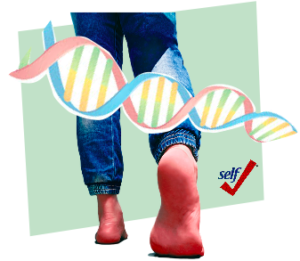Is There An Obesity/Exercise Gene?

A study led by scientists at University College London, the Medical Research Council (MRC) and King’s College London Institute of Psychiatry found that people with an obesity-risk variant have higher levels of the ‘hunger hormone’, ghrelin, in their blood. This means they start to feel hungry again soon after eating a meal.
“At a therapeutic level this arms us with some important new insights to help in the fight against the obesity pandemic. For example, we know that ghrelin, our hunger hormone, can be reduced by exercise like running and cycling, or by eating a high-protein diet.
It’s a fascinating study. Read more
Back to
Obesity





